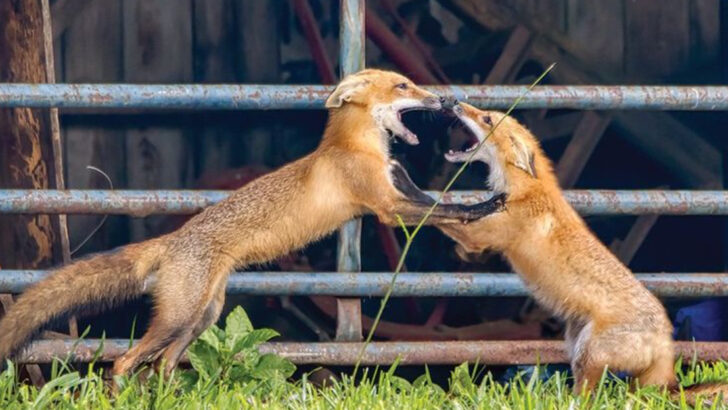Play isn’t just for kids—it’s alive and wild in the animal kingdom. Otters slide down muddy riverbanks. Crows play catch with sticks.
Dolphins surf waves just for the thrill of it. These creatures don’t have to play—they choose to. And it’s not mindless. Play sharpens skills, builds bonds, relieves stress, and sometimes… it’s just plain fun.
From roughhousing bear cubs to parrots that crack themselves up, animals have their own ways of goofing off—and each one tells a deeper story about survival, intelligence, and joy.
This post dives into 14 brilliant examples that prove nature isn’t always serious. Sometimes, it’s playful, silly, and full of laughter in the most unexpected places.
Dolphins
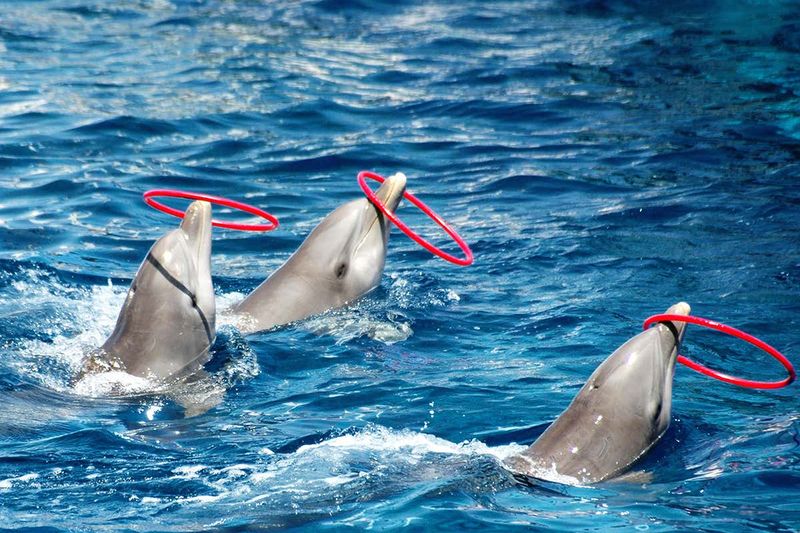
Dolphins, with their playful antics, are the acrobats of the sea. Known for their intelligence and sociable nature, these marine mammals engage in play as a way to bond and develop social skills.
Leaping through the waves and playing with seaweed are common sights. Dolphins often engage in games of chase, reflecting their dynamic lifestyle.
Interestingly, research suggests that play also helps dolphins solve complex problems, making them one of the most intelligent marine species.
Otters
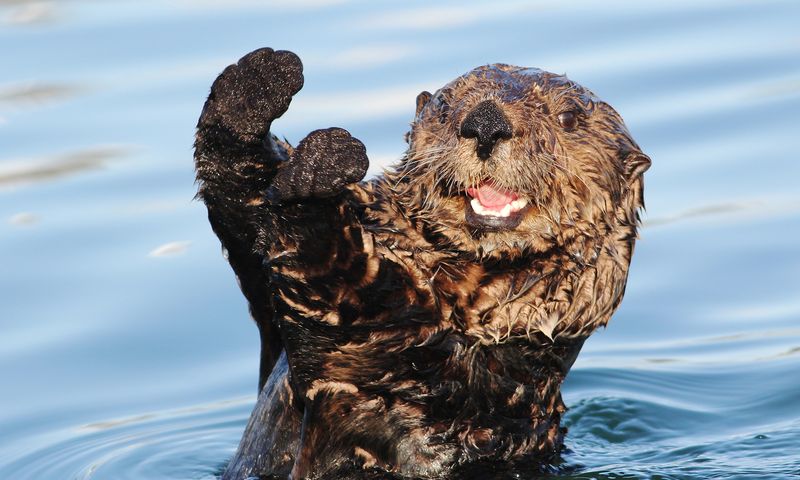
Otters are nature’s comedians, often seen sliding down riverbanks or playing with pebbles. These playful behaviors are not only entertaining but also serve as vital learning tools.
Young otters learn to hunt and navigate their aquatic environments through these playful interactions.
Their ability to make tools from simple objects is a testament to their intelligence. Play is crucial in developing these skills, ensuring their survival in diverse habitats.
Crows
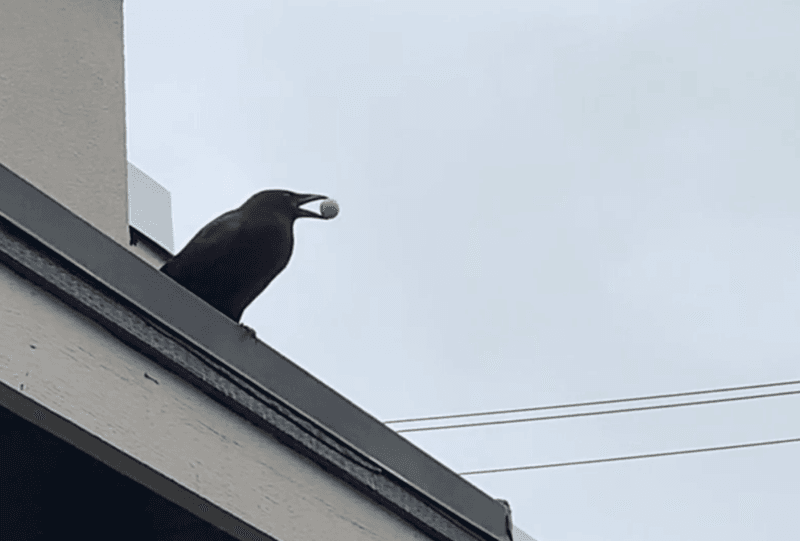
Crows, known for their intelligence, often engage in play that showcases their problem-solving abilities. They are seen playing games involving sticks and other objects, highlighting their resourcefulness.
These activities are more than mere entertainment; they are essential for cognitive development. Crows use play to hone their skills in tool use and social interaction.
Their playful nature often includes mimicking sounds and engaging in aerial acrobatics, further proving their adaptability and intelligence.
Dogs

Dogs, often referred to as humans’ best friends, thrive on play. Whether chasing a ball or playing tug-of-war, dogs exhibit boundless energy and enthusiasm.
Play is a critical component of a dog’s life, aiding in physical and mental development. It helps them learn boundaries and social cues from both humans and other dogs.
This playful behavior strengthens the bond between dogs and their owners, providing endless joy and companionship.
Cats
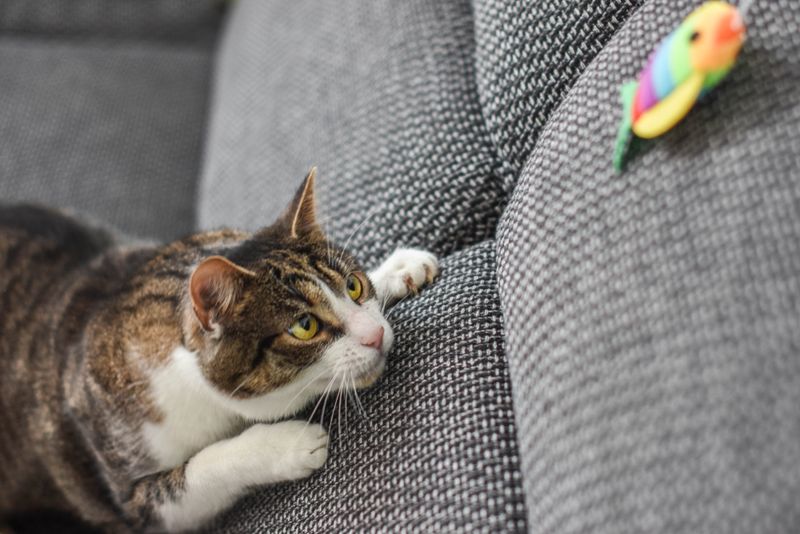
Cats are enigmatic creatures, often engaging in solitary play that highlights their hunting instincts. Chasing laser pointers or feather toys, cats exhibit grace and precision.
Play is crucial for their physical and mental stimulation, helping them hone their predatory skills.
Although they often appear aloof, a cat’s playful antics reveal a deep-seated need for interaction and exploration, making them fascinating companions.
Ravens
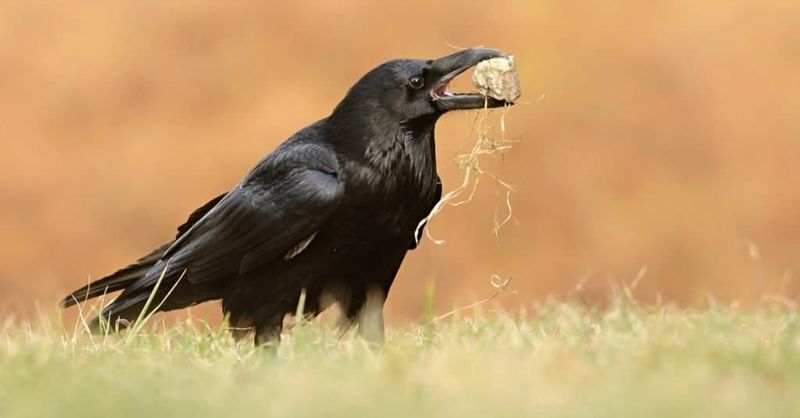
Ravens, with their mysterious aura, are known for their playful and curious nature. These birds often engage in games with objects like stones and snowballs.
Such playful behavior is vital for cognitive development, as it enhances their problem-solving skills. Ravens are also known to play with other animals, demonstrating their social intelligence.
Their ability to mimic sounds, including human speech, adds an intriguing layer to their already complex personalities.
Elephants
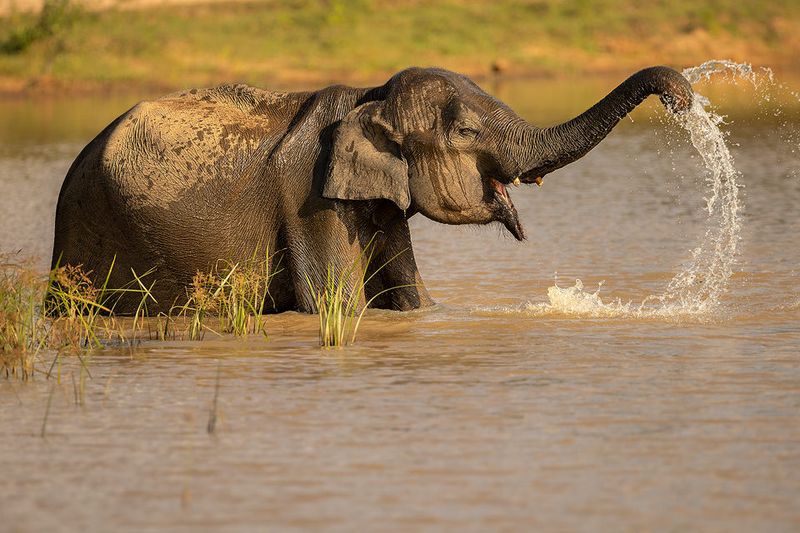
Elephants, known for their intelligence and strong social bonds, engage in play that reinforces these traits. Young elephants are often seen chasing each other or playing in water.
These playful interactions are essential for learning social structures and survival skills. Play helps elephants develop strong family bonds, crucial for their communal lifestyle.
Elephants’ playful antics, such as mock charging and trunk wrestling, highlight their complex emotional intelligence and joyful spirit.
Chimpanzees
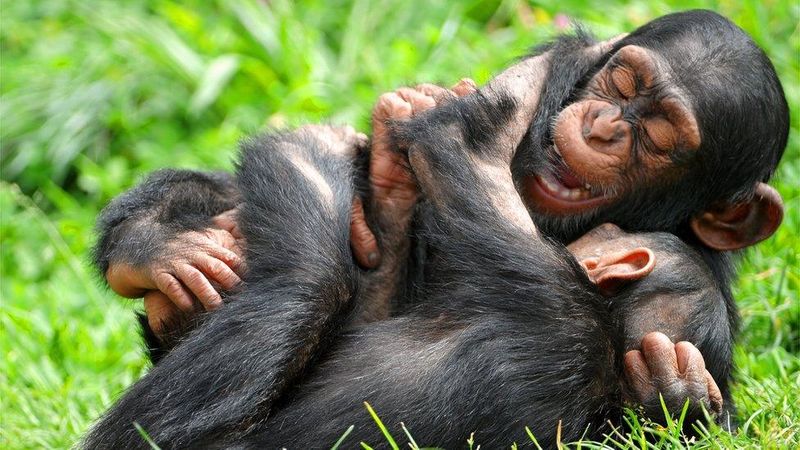
Primates, including chimpanzees and gorillas, are masters of play. Their playful behavior includes wrestling and swinging from trees, highlighting their agility and social intelligence.
Play is essential for primates as it helps in developing motor skills and social hierarchies.
These activities also allow them to experiment with social roles, preparing them for adult life. The playful nature of primates showcases their intelligence and adaptability in the wild.
Foxes
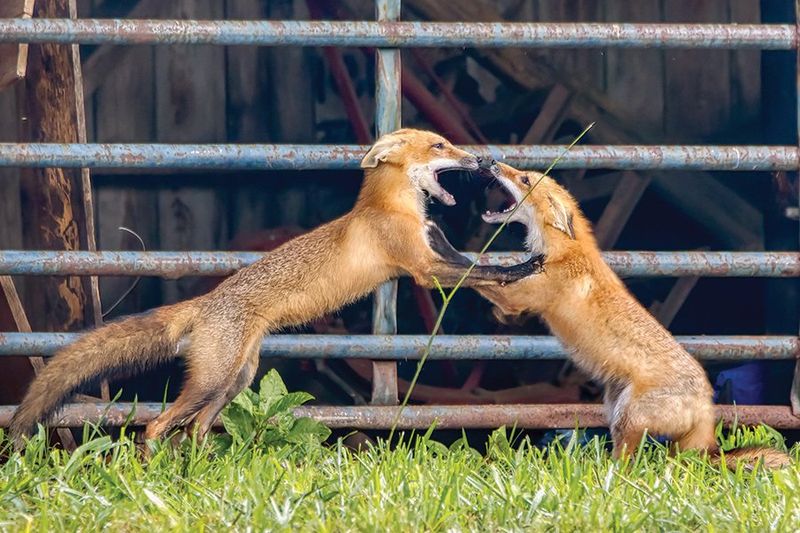
Foxes, with their cunning reputation, are surprisingly playful. They are often seen leaping and pouncing in a manner reminiscent of their hunting techniques.
This playful behavior is crucial for young foxes, helping them practice hunting skills and improving agility.
Foxes also engage in social play with their siblings, which strengthens family bonds and teaches them essential survival skills.
Squirrels
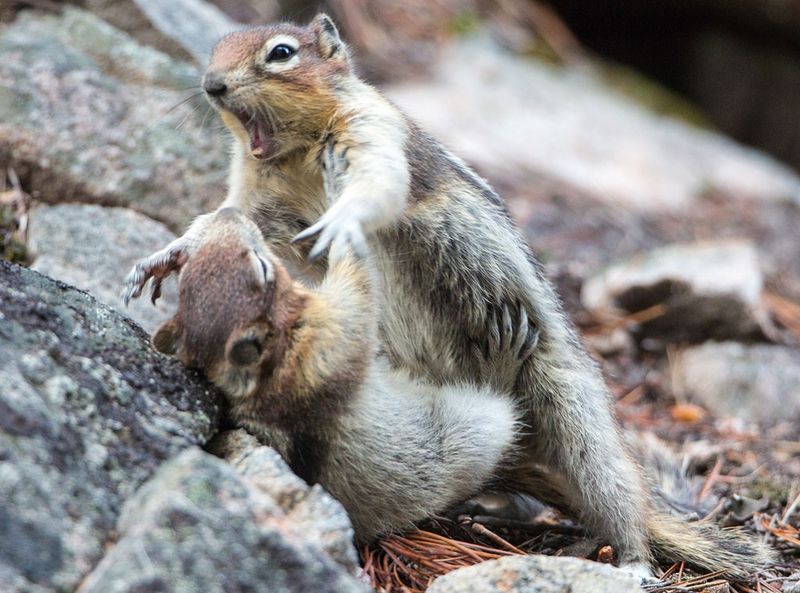
Squirrels are lively creatures, often engaging in playful chases and acrobatics among the trees. Their play is not only entertaining but also essential for developing survival skills.
Through play, squirrels learn to navigate complex terrains and escape predators.
This behavior also strengthens social bonds, as they often engage in play with their kin, ensuring their adaptability in various environments.
Kangaroos
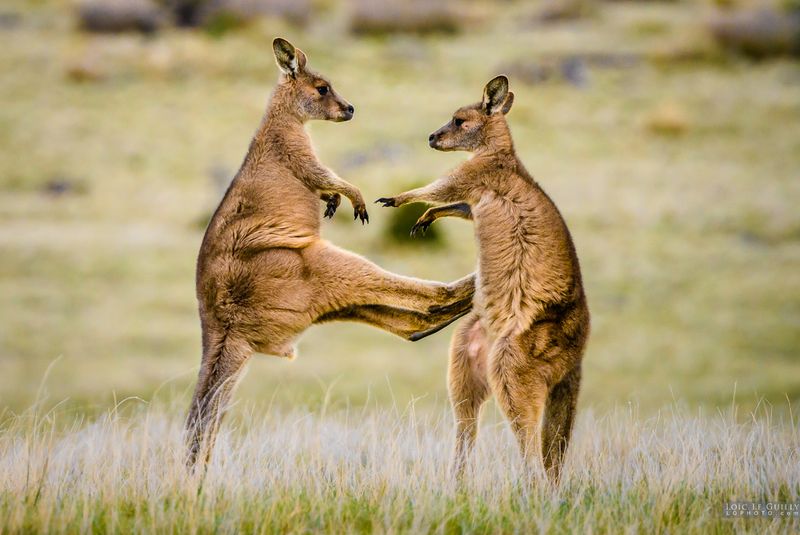
Kangaroos are known for their playful boxing matches, which are more than mere entertainment. These playful interactions are vital for developing fighting skills and social hierarchies.
Young kangaroos, or joeys, practice boxing to strengthen their muscles and improve coordination.
This behavior is crucial for survival, as it prepares them for potential threats and social dominance in the wild.
Polar Bears
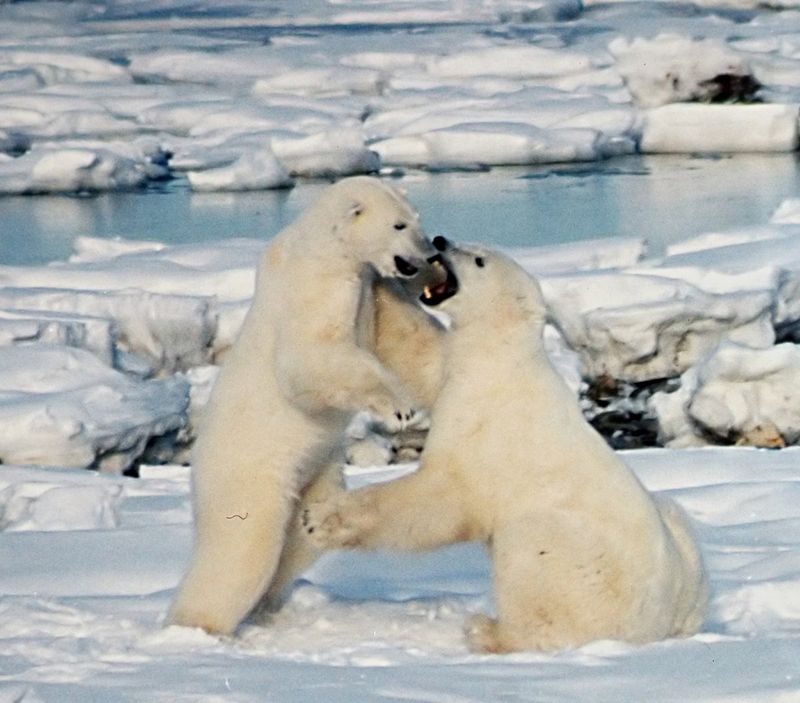
Polar bears, especially cubs, are often seen engaging in playful activities like sliding on ice. These interactions are vital for developing hunting and survival skills.
Through play, cubs learn to navigate the harsh Arctic environment and hone their abilities to catch prey.
This behavior is essential for their growth, ensuring they adapt successfully to their challenging habitat.
Parrots
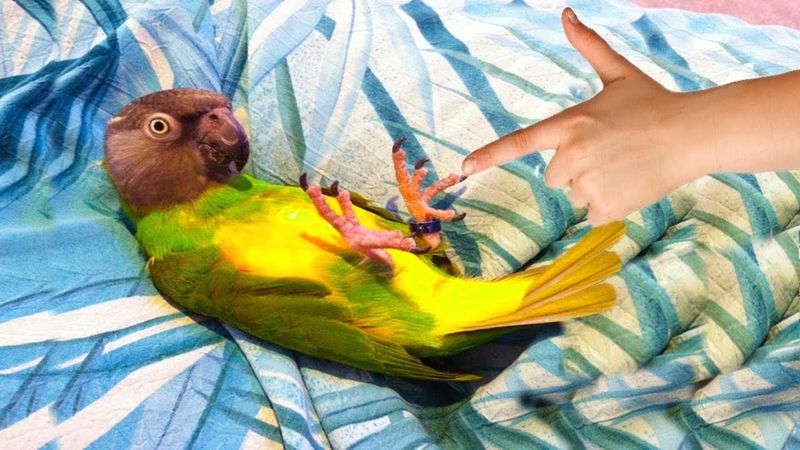
Parrots, known for their vibrant colors and vocal abilities, are also playful creatures. They engage in games with toys, showcasing their intelligence and curiosity.
Play is crucial for parrots as it stimulates their cognitive abilities and provides mental enrichment.
These activities help them develop social skills and adapt to various environments, making them fascinating companions.
Seals
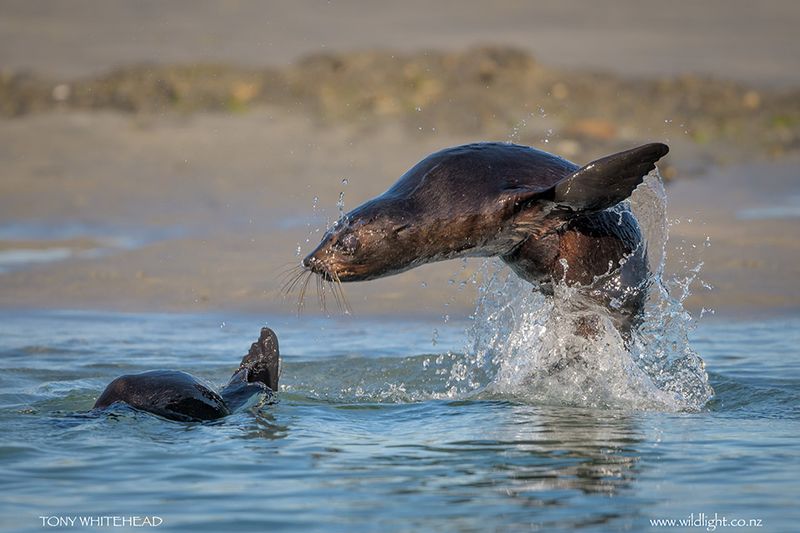
Seals are known for their playful antics, often seen riding waves or playing with each other in the water. Their play is essential for developing swimming skills and social bonds.
Young seals engage in play to learn hunting techniques and improve coordination, crucial for survival in the wild.
These playful interactions also strengthen family ties, making seals a perfect example of the importance of play in nature.

